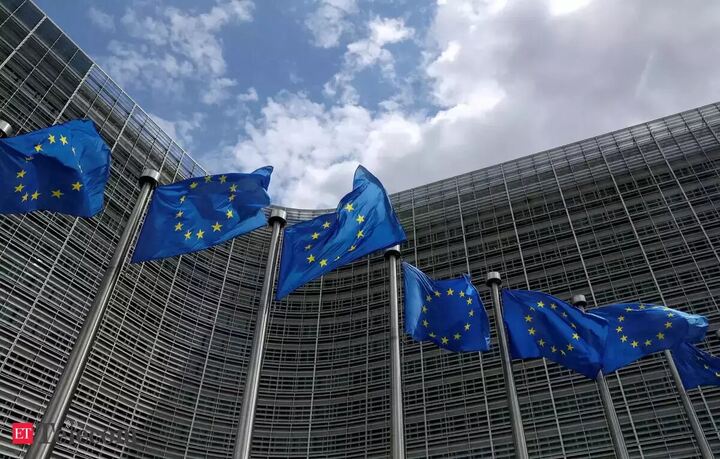Does the EU draft Data Act put trade secrets at risk?
German engineering giant Siemens and German business software firm SAP have joined American IT juggernauts in denouncing new EU legislation on the use of data produced by consumer goods and other smart devices. Before the Data Act can be enacted as law, EU member states and EU legislators are working on its specifics.

The proposed law, which addresses corporate and consumer data from the EU, is one of several pieces of legislation designed to restrain the influence of American tech titans and aid the EU in achieving its digital and environmental goals.
The proposed rule has drawn criticism from the United States for being overly onerous, and German businesses have voiced concern that a section requiring corporations to exchange data with third parties in order to supply aftermarket or related data-driven services could jeopardize trade secrets.
Also Read: What is Apple’s rapid security response?
“It risks undermining European competitiveness by mandating data sharing, including core know-how and design data, with not only the user, but also third parties,” the companies warned in a joint letter to Commission President Ursula von der Leyen, EU antitrust chief Margrethe Vestager, and EU industrial chief Thierry Breton.
According to them, “effectively, this could mean that EU companies will have to divulge data to third-country rivals, particularly those not operating in Europe and against which the Data Act’s safeguards would be ineffective.”
The chief executives of the two firms, Siemens Healthineers, German medical technology company Brainlab, German software developer DATEV, and lobbying group DIGITALEUROPE were among the signatories to the letter, dated May 4, obtained by Reuters.
The letter urged that the list of devices covered by the law not be expanded and called for measures to allow companies to reject requests to divulge data where trade secrets, cybersecurity, health, and safety are in danger. The Commission acknowledged receiving the letter and stated that while it recognized the value of trade secrets, corporations shouldn’t exploit them as an excuse.
The Data Act does not seek to alter international or domestic trade secret laws. Trade secrets shouldn’t, however, be a justification for avoiding sharing data, said Johannes Bahrke, a spokesperson for the EU Commission, at a daily press briefing.
The EU draft Data Act is a proposed legislation aimed at regulating data access and use within the EU. While the Act primarily deals with personal data, it also has provisions that could impact trade secrets.
Also Read: Is advertising the future of streaming?
One provision of the draft Data Act requires companies to disclose certain information about their data processing activities, including information about algorithms used to process data. This provision could potentially put trade secrets at risk, as companies may be required to disclose proprietary algorithms that give them a competitive advantage However, the draft Data Act also includes safeguards to protect trade secrets.
For example, companies would be able to request that certain information be kept confidential, and there are provisions in the Act that limit the disclosure of confidential information to specific parties, such as regulators or courts.

I am a law graduate from NLU Lucknow. I have a flair for creative writing and hence in my free time work as a freelance content writer.